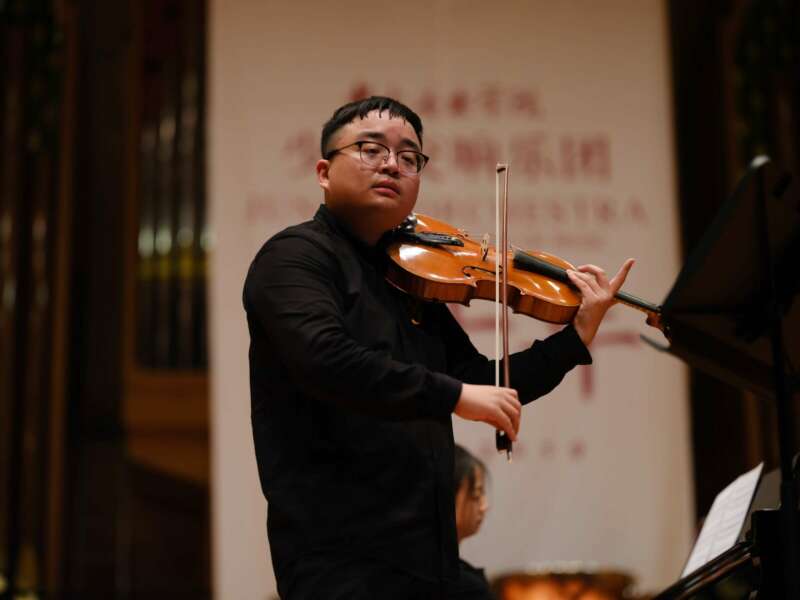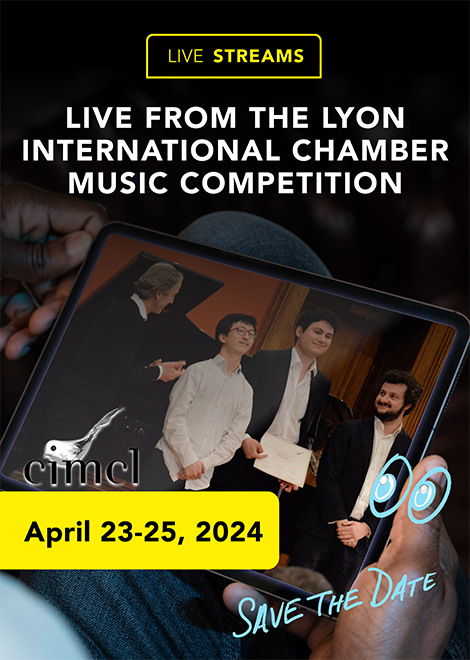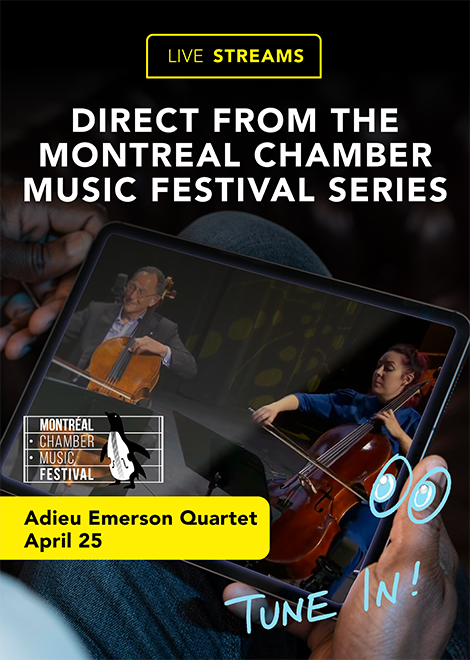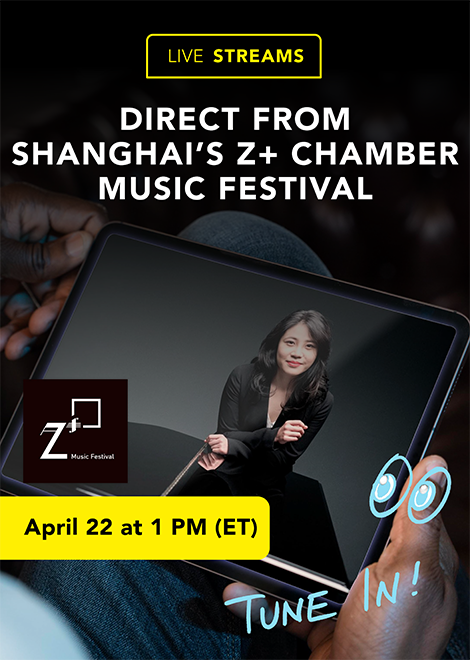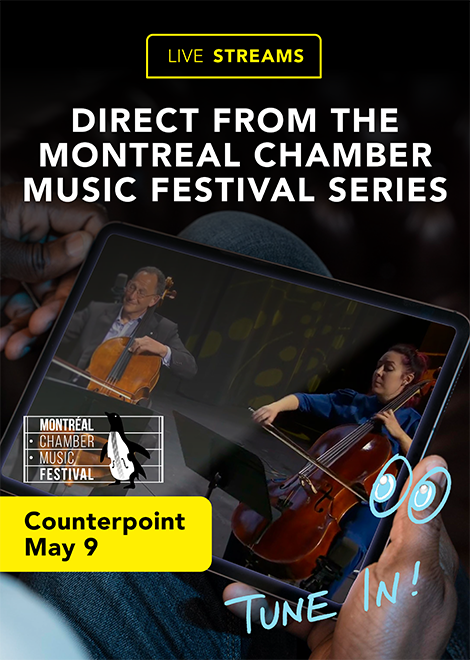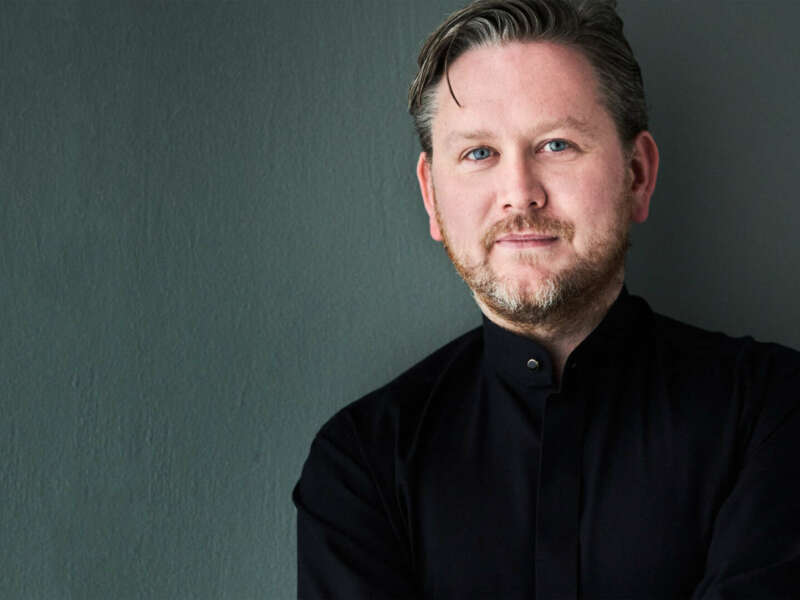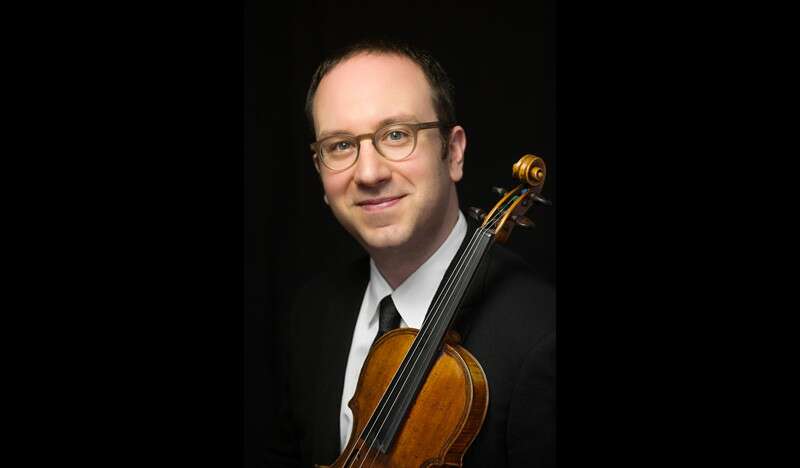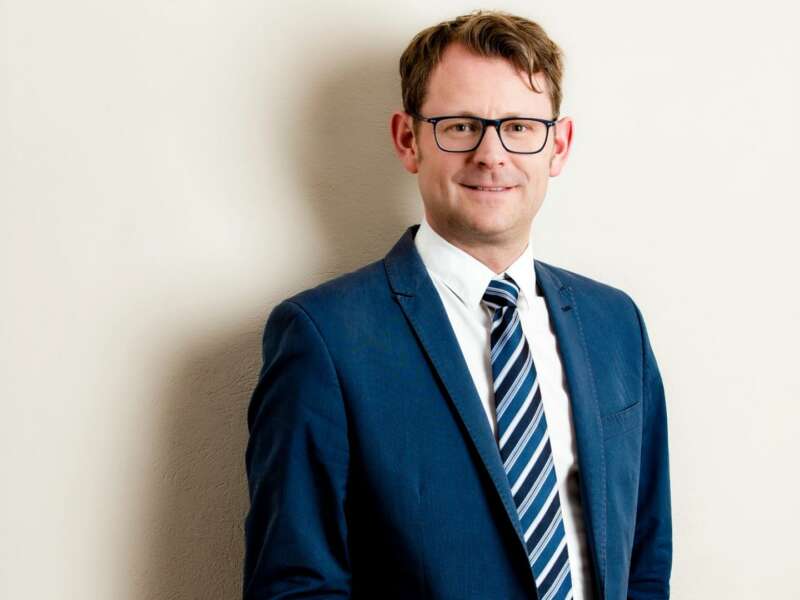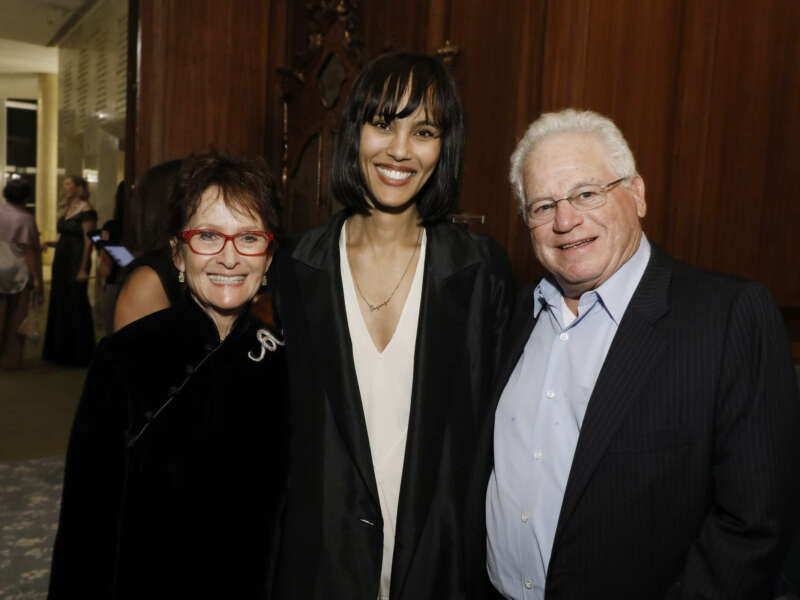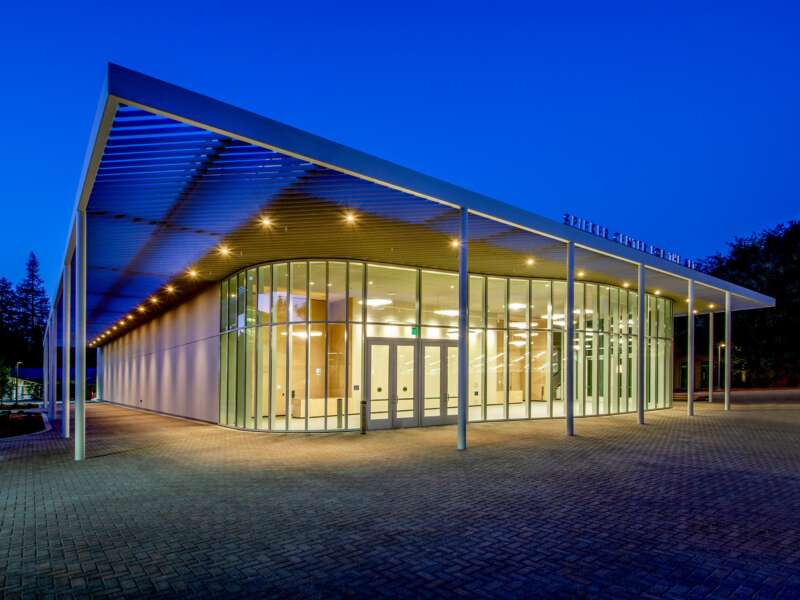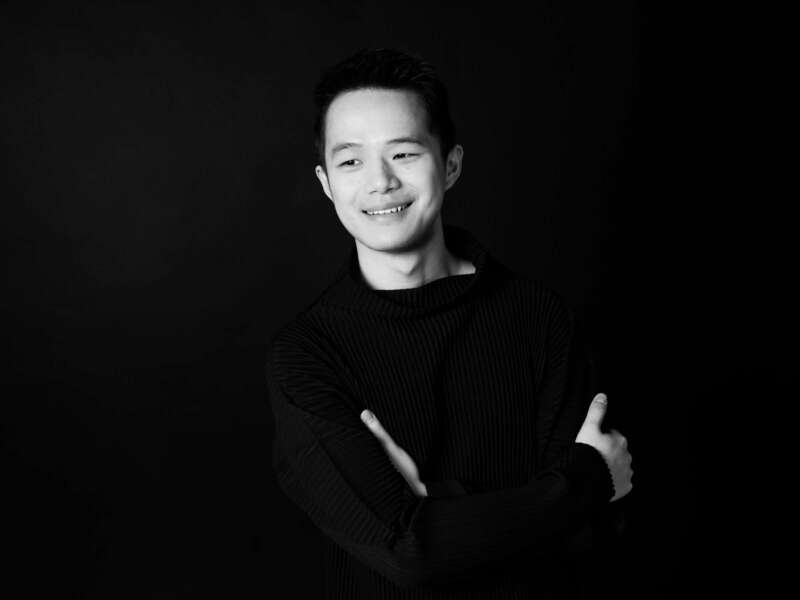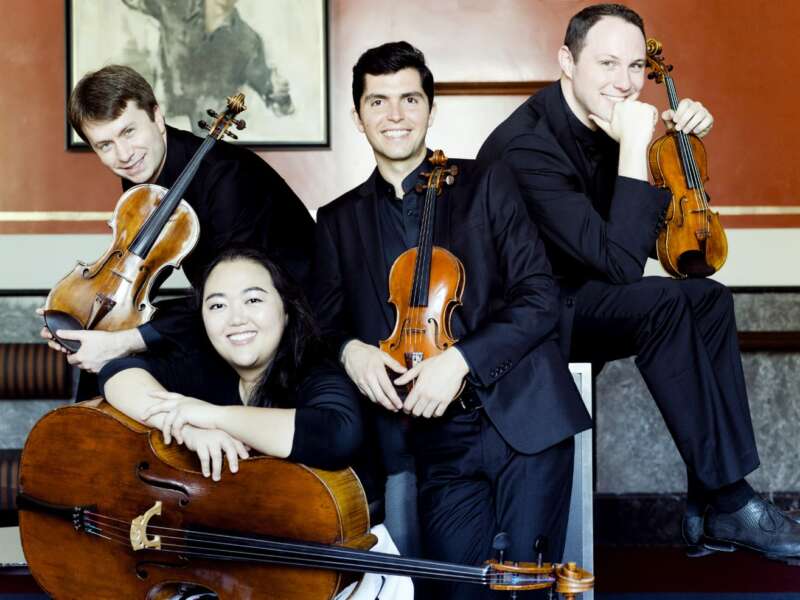Jessie Montgomery — Her Compositional Process, Inspiration, and Advice for the Future Generations
Coming off her win as Musical America's Composer of the Year, Jessie Montgomery sat down with The Violin Channel for an inside look into her career and philosopihes
An acclaimed composer, violinist, and educator, Jessie Montgomery recently won a GRAMMY award for her work Rounds, for piano solo and string orchestra, at the 2024 awards ceremony.
The recipient of the Leonard Bernstein Award from the ASCAP Foundation and the Sphinx Medal of Excellence, Montgomery has written a growing body of work for solo instruments, chamber groups, vocalists, and orchestras.
In May 2021, she began her three-year appointment as the Mead Composer-in-Residence with the Chicago Symphony Orchestra. in addition to being a Professor of Violin and Composition at The New School.
Having received additional grants and awards from Chamber Music America, American Composers Orchestra, the Joyce Foundation, and the Sorel Organization, she has been affiliated with the Sphinx Organization in a variety of roles — including composer-in-residence for Sphinx Virtuosi, its professional touring ensemble.
As a former Artist in Residence at the Vanderbilt University Blair School of Music and Composer in Residence at Bard College, audiences also know her as a founding member of PUBLIQuartet and a former member of the Catalyst Quartet.
The Violin Channel sat down with Jessie Montgomery to discuss her recent Musical America honor, influences, compositional process, advice for young composers, and more.
Can you tell us about your family and how they influenced your musical development?
I grew up in New York City, in the lower east side of Manhattan, in the eighties and early nineties. My parents were both artists, who were involved in a community movement that created cooperatives, gallery spaces, and public spaces for the community to gather together. Their aim was to rehabilitate the neighborhood from corrupt landlords and things like that. We would go to rallies and performances all the time that were really politically charged spaces.
My parents also had a band called Sedition Ensemble where my mom was the poet, vocalist, and lyricist, and my dad wrote all the music. My dad was a musician, so he took the reins on my musical upbringing. He also had a music studio, so every day after school, I would go hang out there. At the time, it was considered a hub of Avantgarde music. A lot of free jazz and punk rock musicians, and eventually new music, were performed there.
I was a tag along for these unique cultural events while also studying Suzuki violin. I started studying violin at age four at Third Street Music School and also sang a lot — I sang in the Young People's Chorus of New York in its first cohort.
Other than your parents, who were your musical idols growing up?
I really looked up to my violin teachers during my entire journey. Certainly, my first violin teacher, Alice Kanack, whom I still have a relationship with and whose teachings I still use today.
When I was studying, I was often placed in chamber music classes with some of the older kids, who I really looked up to. One is Masumi Rostad, who I get to work with now!
Also, I remember going to see Midori on a class trip to Carnegie Hall. It was one of her early Carnegie Hall recitals and that was the first time I had seen a major soloist perform. I remember it vividly impacting me.
When did you start composing? Was it something you were interested in when you were learning violin?
I started composing when I was in junior high school. Later in high school, I did a program at Lincoln Center called the Composer's Apprentice program. The first real piece that I wrote was for concert band, called “The Dance.”
If anyone had any questions about whether I would become a composer, it became clear then, because I wrote out and transposed all of the individual parts. Looking back, I’m not sure how I even did that! When I handed out the parts to the band, though, I felt so cool and accomplished.
How would you describe your compositional process? Is it different for each work or do you have set certain steps?
It’s kind of different for each work depending on the medium. For orchestral works, I have what I like to think of as a 'closet of sketches' that I can pull from. In orchestral writing, it's important to be really concise with ideas and I like to start with a fully formed one. So, if I haven't come up with anything new, I go into my closet! The sketches will then get sewn together and orchestrated in Sibelius.
For works written for solo instruments, I write those out completely by hand. If there is an element that I can play myself, I will. If it’s a vocal or even a wind part, I’ll often sing it to make sure that the breath feels okay.
Do you have a favorite medium to compose for?
I like chamber music. I like performing it, I like writing it. There is a collaborative element in how the piece comes together.
Do you like to work with the performers while in the process of writing the piece?
I've tried working on pieces midstream with people, but I find it cumbersome. I tend to have the first draft of the piece completed before I send it out for feedback. The feedback can then result in very extensive changes and that’s perfectly fine with me!
For someone who's never heard your music before, how would you describe it?
I would say that it's based in classical form and the instrumentation and sound world of classical music, but it also pulls from elements of folk song, dance, and a number of rhythmic/energetic movements.
I try to tell a story in the music — if it's not an actual, literal story, it has a feeling of one. There’s always some kind of theatrical pacing, whether it's explicitly explained in the piece or not.
Do you have a favorite piece that you’ve written?
I really like my piece that people don't hear very much. It's called Shift, Change, Turn.
As far as an orchestra, I discovered a lot. It was sort of a turning point for me — maybe that's why the name Shift, Change, Turn — I don't know! It was a moment where I started to really find my 'voice' as an orchestrator.
How important do you think it is for a young female audience member to see your pieces on a program?
I want to be in a world where that's not a strange thing, where that's not an unusual occurrence. If there are young people who are coming up now and seeing more representation of themselves in the field, hopefully, that sort of identity crisis can be removed eventually.
In a way, I’m kind of an outlier. It’s not easy to be put out front for your gender or race. You're constantly questioning if it’s because of that or because the work is good. But eventually, you get over it, because you realize you’re still working and getting opportunities. At the end of the day, I’m still working.
I’m also a believer that if you work really hard, you can get what you want. My mom was a really, really hard worker. She's a black woman and my role model in how to be a good community member in the arts. I hope I can, in any way, be that for someone else.
If you have to give a piece of advice to young composers working towards a career in it, what would it be?
Keep writing!
What does a fulfilling career mean to you?
A fulfilling career has a good balance of something that challenges your creative energy and lets you do the thing that you want to do whether it's performing, writing, etc.
Not everybody likes teaching, but I think having some kind of interaction where you're exchanging your knowledge and your expertise adds to a fulfilling career.
"The freedom to create in a way that you want to create — I think that's successful."
A hundred years from now, how do you want to be remembered?
I want to be remembered as someone who gave a lot to her community.
april 2024
may 2024




